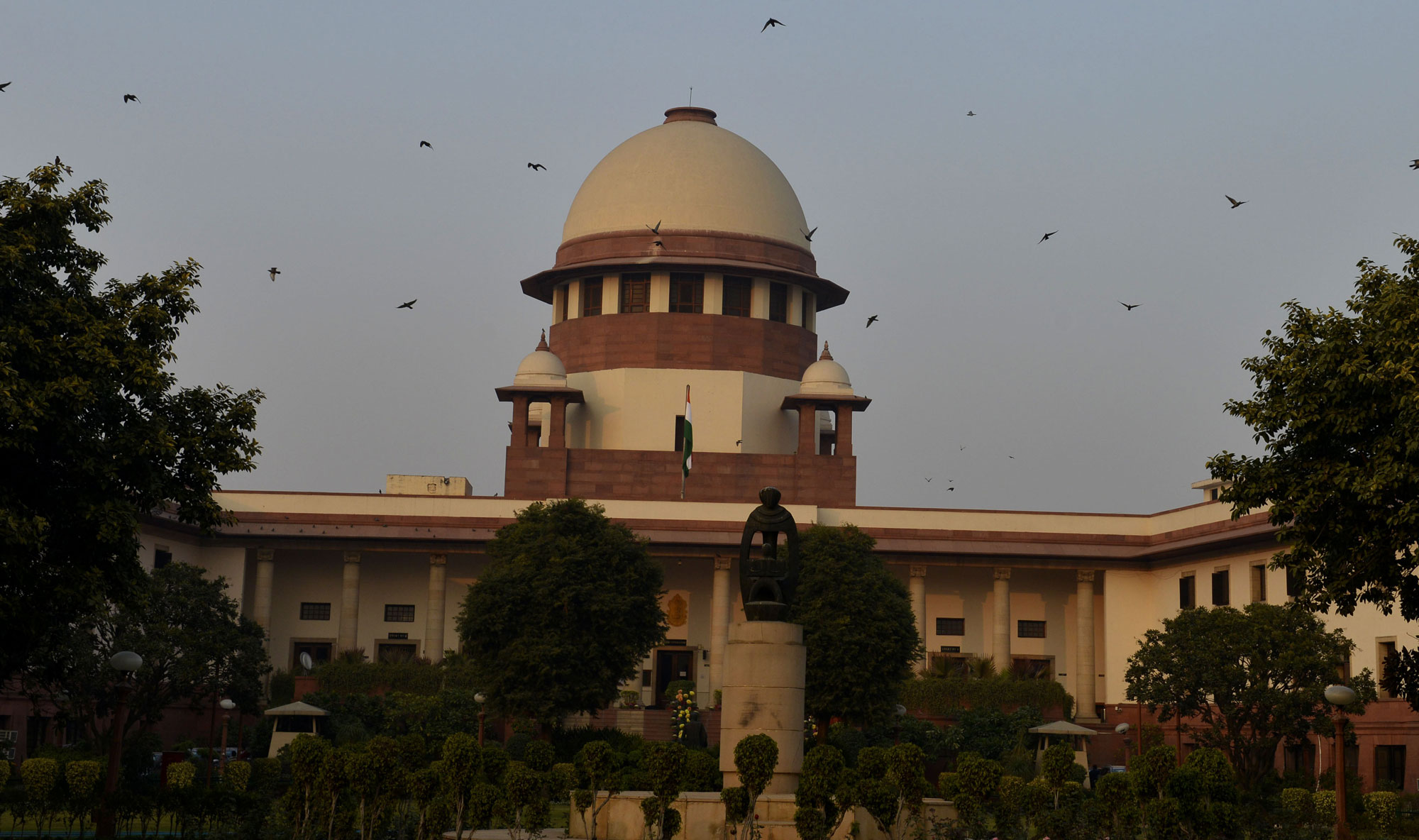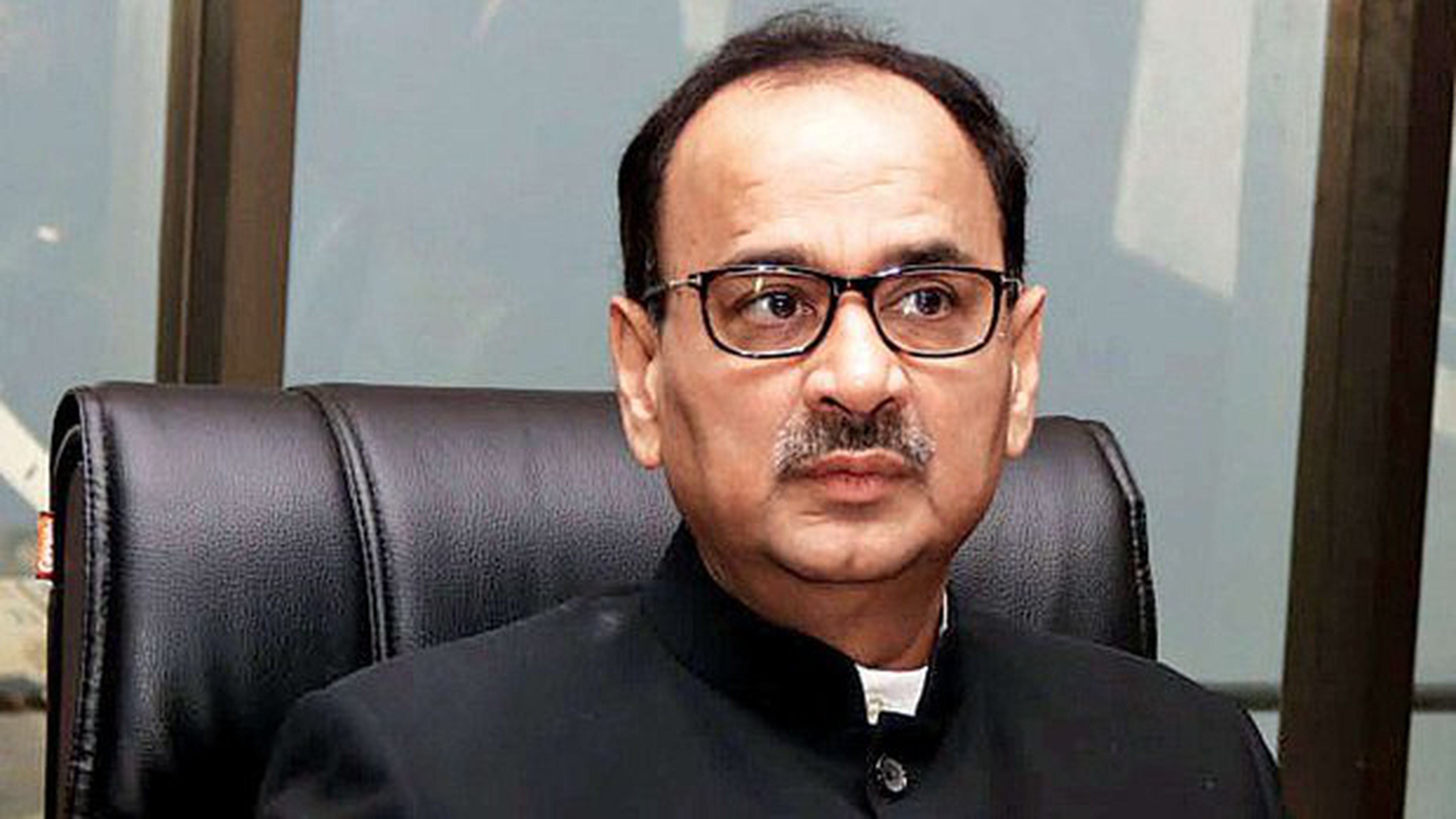The Supreme Court on Tuesday said it was Parliament’s intent and concern to safeguard the CBI’s independence, so much so that it did not in any manner dilute the apex court’s 1998 verdict insulating the agency from extraneous influence.
In the 1998 Vineet Narain case, the court had directed a high-powered selection committee that had as members the chief vigilance commissioner (CVC), the Union home secretary and the personnel secretary to appoint the CBI chief from a panel of names. The court had also ruled that once appointed, the director would hold office for a minimum of two years irrespective of the retirement date.
The Supreme Court bench that reinstated Alok Verma as CBI director on Tuesday said Parliament chose not to interfere with the 1998 verdict and that was evident in its reinforcement of the order, let alone dilution of it, through various amendments to the CVC Act, the Delhi Special Police Establishment Act (DSPE) that governs the CBI, and the Lokpal and Lokayukta Acts.
In the Lokayukta Act the selection committee for the CBI chief has been upgraded to include the Prime Minister, the leader of the Opposition and the Chief Justice of India. The committee’s consent is necessary for the removal or transfer of the CBI director.
Setting aside the Centre’s orders benching Verma, the Chief Justice Ranjan Gogoi wrote in the judgment: “The legislature in its wisdom had not considered the necessity of tempering down the directions of this court in Vineet Narain in any manner whatsoever….”
The bench, which also had Justices Sanjay Kishan Kaul and K.M. Joseph, said: “If the legislative intent would have been to confer in any authority of the state a power to take interim measures against the director, CBI, thereby affecting his functioning, surely the legislation would have contained enabling provisions to that effect and consequently would have been differently worded and drafted.”
The court said that after the 1998 verdict, the Delhi Special Police Establishment Act had been amended to include the provision of seeking the committee’s permission to transfer a CBI director. In subsequent amendments, this was not tampered with.
“If the word ‘transferred’ has to be understood in its ordinary parlance and limited to a change from one post to another, as the word would normally convey, and on that basis the requirement of ‘previous consent of the committee’ is understood to be only in such cases, i.e. purely of transfer, such an interpretation would be self-defeating and would clearly negate the legislative intent,” the court said.
The State could not be entrusted with the responsibility of divesting the CBI chief of his powers without the committee’s consent as this would seriously erode the institution’s independence, the court said.
“In such an event it will be free for the state authority to effectively disengage the director, CBI, from functioning by adopting various modes, known and unknown, which may not amount to transfer but would still have the same effect as a transfer from one post to another, namely, cessation of exercise of powers and functions of the earlier post.
“This is clearly not what the legislature could have intended. The long history of evolution has shown that the institution of the CBI has been perceived to be necessarily kept away from all kinds of extraneous influences so that it can perform its role as the premier investigating and prosecuting agency without any fear and favour and in the best public interest,” Justice Gogoi wrote.
Verma was not sacked or transferred by the Modi government, but was instead divested of his powers and sent on forced leave.












